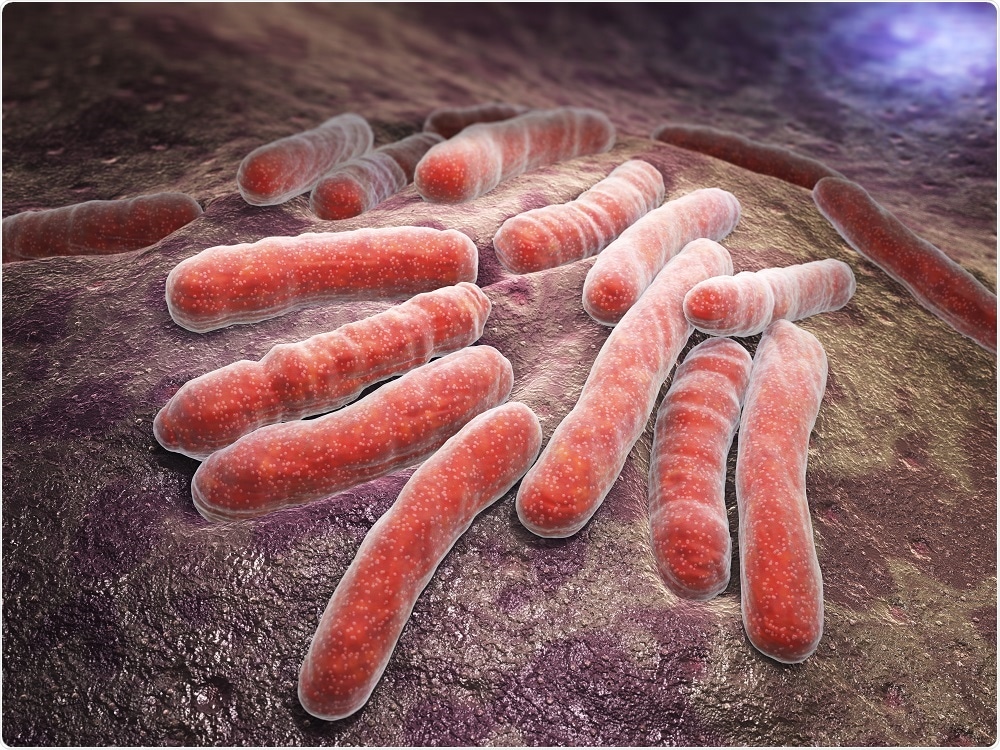Researchers have identified a gene signature in the bloodstream that could determine whether a person is going to develop active tuberculosis (TB), months before they show any symptoms of the infection.
 Image Credit: Tatiana Shepeleva / Shutterstock
Image Credit: Tatiana Shepeleva / Shutterstock
The finding comes from a study led by the Francis Crick Institute and University of Leicester, in collaboration with BIOASTER and bioMerieux in France and the University of Cape Town in South Africa.
As reported in the journal Nature Communications, the researchers looked at 53 patients who had TB and followed 108 of their close contacts over two years to see who developed active disease.
The team found that individuals who stayed healthy had no sustained gene signature, while six of nine people who developed active TB had a strong, sustained signature.
In this multidisciplinary team effort, we hope to address the unmet medical need of diagnosing active tuberculosis earlier, more easily and more reliably."
Mark Miller, Chief Medical Officer, bioMérieux
This gene 'signature' refers to the group of genes that are either more or less active during active TB, which indicates how the body has responded to the infection.
This is the first time the presence of such a signature has been linked to early TB onset, before symptoms have developed.
The study could have important implications for the detection and treatment of TB, as well as for the possibility of intervening before people with TB pose a risk of transmitting the infection to others.
Treating active TB before symptoms start could spare patients and their families from unpleasant symptoms, reduce the spread of disease and offer peace of mind to people who are not going to develop active TB.”
Professor Anne O’Garra, Senior Author
Next, the team plans to investigate what the different responses mean, which will require detailed study of larger groups of people.
Their ultimate goal is to develop and test different gene signatures in larger groups of people, with the aim of being able to offer validated tests to patients within the next decade.
There was a wide variation in the immune response between people, highlighting the limitations of taking a 'one size fits all' approach... We only saw a small number of contacts who developed TB in the group, so we will need to look at much larger groups to refine and develop the techniques”
Dr Pranab Haldar, Co-Author